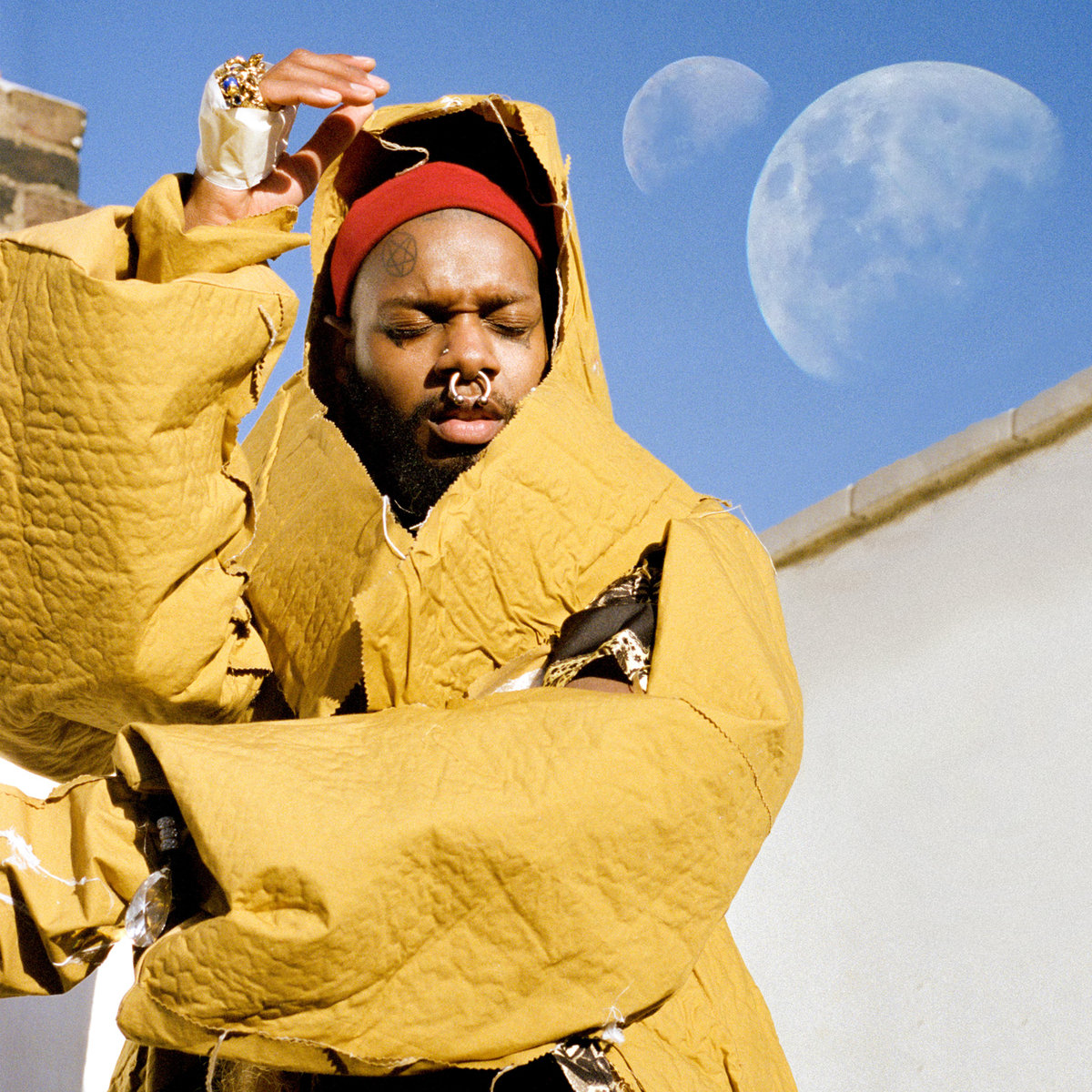Serpentwithfeet’s EP blisters was a revelation, in the Biblical sense: soul at its most operatic. “Four Ethers,” the lead single from soil, is characteristic, an ominous Berlioz sample repurposed by labelmate the Haxan Cloak (whose work is equally ominous). The mood is palpable, and serpentwithfeet, born Josiah Wise, fully inhabits it, exactly up to the moment he punctures it with sudden levity: “Your name is about as easy to remember as the four ethers—and who the hell knows the four ethers?”
What the hell the four ethers are, in mystic thought, are primal, formative forces that, combined, make up the earth and the body. serpentwithfeet’s music is much the same, a deeply felt and deeply primordial synthesis comprising the mystic parts of the Bible: the outpourings of the Song of Songs and the wandering of the Psalms, as well as their refractions in James Baldwin and Toni Morrison (“how some people are with the Bible, Toni Morrison’s books are my sacred texts,” Wise said). Wise’s three touchstones for the album, B’Day, Homogenic, and Voodoo, are apparent; another spiritual precursor is Kate Bush’s dark nights of the sensual soul, like “The Song of Solomon” and “This Woman’s Work”—as well as its definitive cover by Maxwell, which further subverts the work by juxtaposing with images of protest and, notably, not changing the genders. (Wise, who is gay, uses male pronouns prominently and deliberately: “I don’t want a question mark over my head. I want to be very clear, I love men, I love black men, and that’s who I’m writing about.”)
The resulting soil is almost tangibly immediate. Scent, the most visceral of the senses, is a running theme: it connects his ex-lover’s boyfriends in “Fragrant” and saturates the very earth in “Waft” (though there’s levity here, too, via great one-liner: “love can’t exist where there is cologne.”). It’s the sort of album where “bless ur heart” is devoid of shade and set to the most sincere of piano melodies—though, crucially, not pat. Much of soil is produced by Katie Gately, who is instantly identifiable crowded field of experimental vocal producers for the fecund earthiness of her work. She’s joined by hip beatmaker Clams Casino, avant-techon producer mmph, and Paul “Rolling in the Deep” Epworth—it’s a testament to Wise’s presence how he coaxes interesting work out of this most bland of producers—as well as Wise himself.
His voice is virtuosic and everywhere, sometimes processed to sound supernaturally guttural, sometimes high and lonely; sometimes multi-tracked in the background and sometimes, as on “Invoice,” abruptly shoved to the front of the mix, as if one inch in front of you. Bjork and Anohni are obvious influences, as are gospel and R&B—in particular there are moments where he uncannily exactly channels Usher—and choral music sacred and secular. On “Cherubim,” Wise, Gately and mmph take the most straightforwardly devotional love song on soil (“I get to devote my life to him/I get to sing like the cherubim”) and set it to a bassy, grunty electronic murk of a setting. “Wrong Tree,” a more secular breakup song, is more outright religious, with organ, counterpoint, stair-step bass vocal lines, and, in near-falsetto, a command by Wise: “sing, choir!”
In both music and sequencing, soil is full of subtleties: love lost, love mourned, love repurposed. “Boy, whoever reads about how much I adore you, I hope my words bring them something new,” Wise sings on “bless ur heart.” On soil, there’s an entire world.





